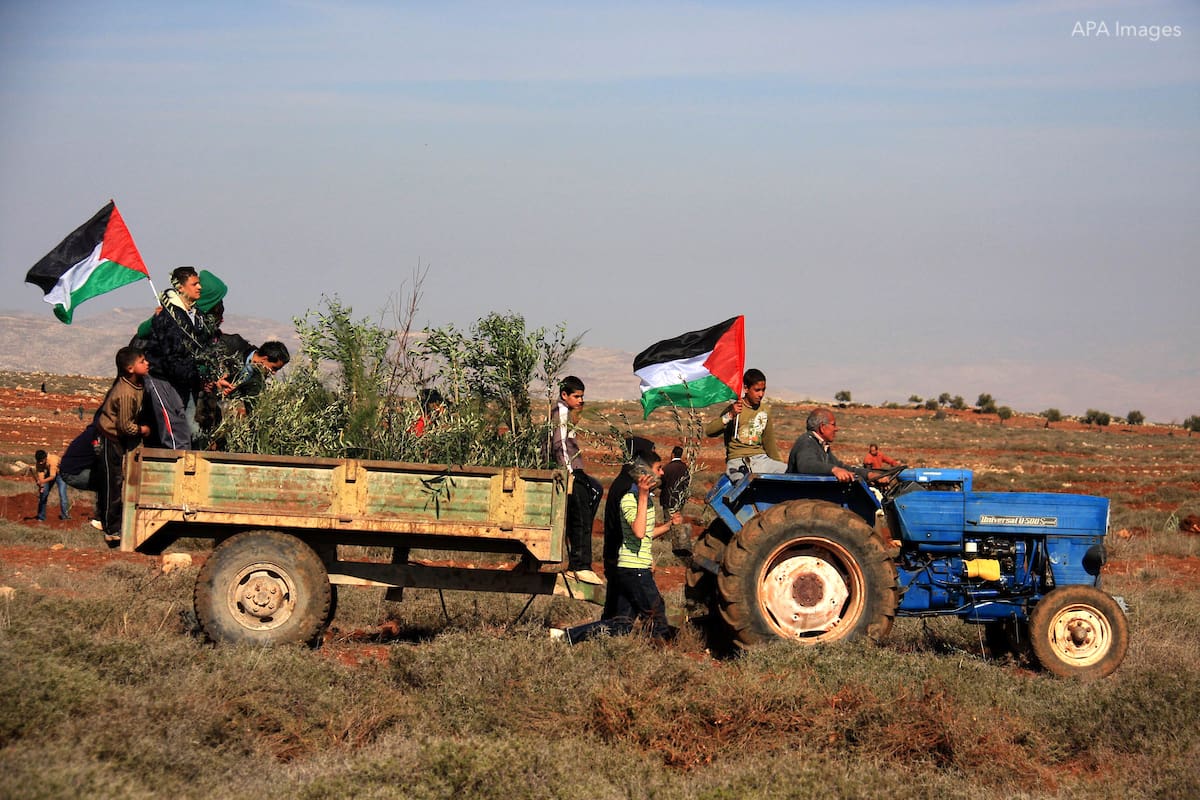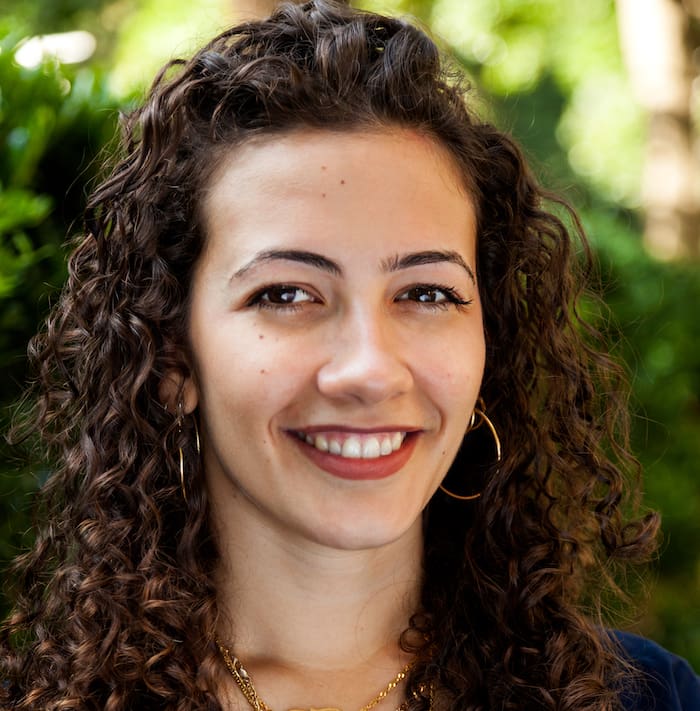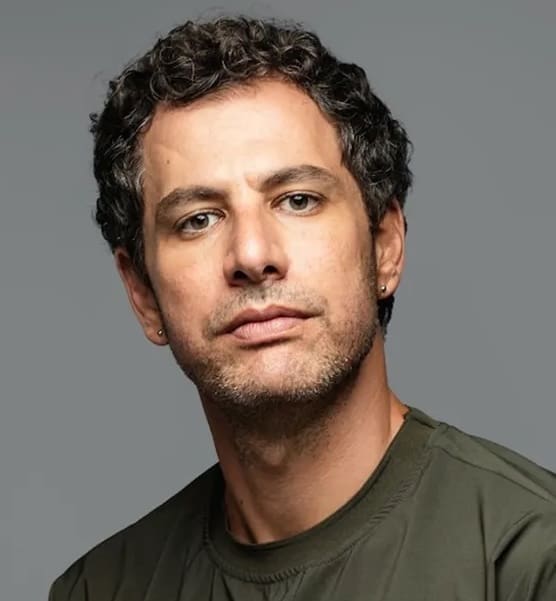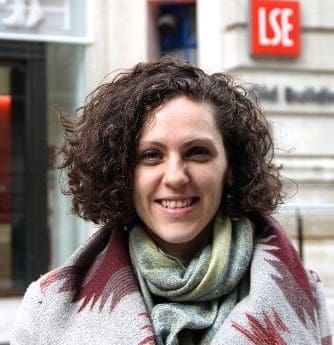
Historic Palestine has long had an abundance of natural resources, ranging from fresh and ground water, arable land and, more recently, oil and natural gas. In the seven decades since the establishment of the state of Israel, these resources have been compromised and exploited through a variety of measures. These include widespread Palestinian dispossession of land in the ongoing Nakba, exploitation of water through failed negotiations, and a finders-keepers approach to gas and oil found in or under occupied land.
In this collection of analysis, Al-Shabaka experts provide insight into a range of issues related to Palestinian natural resources, from their theft by Israel to the deleterious effects of climate change and its intersection with the Israeli occupation. The Intergovernmental Panel on Climate Change predicts a warming in the southern and eastern Mediterranean between 2.2 and 5.1°C over the twenty-first century – a higher rate than the global average. This will lead to highly disruptive, if not catastrophic, changes to the region’s climate, including increased desertification. As climate change intensifies, natural resources will only become more precious.
These pieces show how the politicization of Palestinian resources — namely the myriad of Israeli impediments that prevent Palestinians from accessing and benefiting from their own natural resources — disrupts an already fragile geopolitical situation and exacerbates already dire Palestinian living conditions. The authors also put forward recommendations on how to change this untenable status quo.
Water as a Weapon
Drying Palestine: Israel’s Systemic Water War
By Muna Dajani
Israel’s decades-long water war against Palestinians often goes unnoticed by the international community. Tracing three different battlefronts, Muna Dajani looks at how military strikes, security programs, and permit systems destroy Palestinian water infrastructure and local resource-management systems, and calls for change. Read more…
The “Apolitical” Approach to Palestine’s Water Crisis
By Muna Dajani
Though Palestine’s water scarcity is often portrayed as natural due to the region’s climate, it is a man-made crisis engineered by Israel. Muna Dajani examines how international donors shore up this inequality through infrastructure projects and scientific collaboration with Israel, and suggests ways Palestinians can push for just solutions to the water crisis. Read more…
The Discovery of Oil and Gas
How Israel Uses Gas to Enforce Palestinian Dependency and Promote Normalization
By Tareq Baconi
The Israeli occupation does not only exist above ground. Tareq Baconi examines how Israel enjoys a gas bonanza while barring the Gaza Strip from tapping its own fields. He argues that Palestinian dependency on Israeli energy amidst US calls for “economic peace” undermines Palestinian rights, and puts forth recommendations to challenge this status quo. Read more…
The Gas Fields off Gaza: A Gift or a Curse?
By Victor Kattan
Twenty years after the discovery of gas fields off the coast of the Gaza Strip, efforts to develop them remain deadlocked. Meanwhile, the besieged Strip suffers prolonged power cuts and the Palestinian economy bears a huge financial cost — as do the Western taxpayers keeping it afloat. Victor Kattan discusses the actors and amounts involved as well as the reasons why the project has stalled, and recommends policy options to break the deadlock. Read more…
“Oil. Religion. Occupation. … A Combustible Mix”
By Victor Kattan
Victor Kattan argues that an independent Palestinian state could be self-sufficient and less reliant on aid if freed of Israeli control over Palestinian natural resources, particularly natural gas off the coast of the Gaza Strip and the oil fields of the West Bank. Kattan dissects documents released by the UK Foreign and Commonwealth Office that reveal Israel’s efforts to exploit these resources, and explores their implications for Palestinian leaders. Read more…
The Struggle Over Land
Farming Palestine for Freedom
By Samer Abdelnour, Alaa Tartir, Rami Zurayk
For Palestinians, agriculture is more than a source of income or an economic category in budgets and plans: It is tied to the people’s history, identity, and self-expression, and drives the struggle against Israel’s Separation Wall. Rami Zurayk, Samer Abdelnour, and Alaa Tartir tackle the almost spiritual significance of the land to the Palestinians and Israeli efforts to break the link between farmers and their crops. Read more…
Palestinian Farmers: A Last Stronghold of Resistance
By Vivien Sansour, Alaa Tartir
Israel’s brutal crackdowns on Palestinians living under its occupation dominate the news, but other longer-term trends are also worrying. The Palestinian Authority is confiscating more and more land from Palestinian farmers to build industrial zones, which strips farmers of their right to grow their own food and further increases Palestinian dependency on Israel. Vivien Sansour and Alaa Tartir argue that sustained community efforts are needed to preserve one of Palestinians’ most important elements of resistance. Read more…
Climate Change as a Threat Multiplier
Climate Change, the Occupation, and a Vulnerable Palestine
By Zena Agha
Palestinians are particularly vulnerable to the effects of climate change due to the Israeli occupation. Zena Agha examines how Israel’s appropriation of Palestinian natural resources and restrictions on movement prevents Palestinians from pursuing climate change adaption, and lays out options available to those in the West Bank and Gaza Strip. Read more…
Climate Change and the Palestinian Authority
By Zena Agha
Despite Palestinians and Israelis inhabiting the same terrain, Palestinians will suffer the effects of climate change more severely. Zena Agha examines how the Israeli occupation prevents the Palestinian Authority from supporting climate change adaptation, and recommends ways to strengthen its ability to counter the climate crisis. Read more…


















